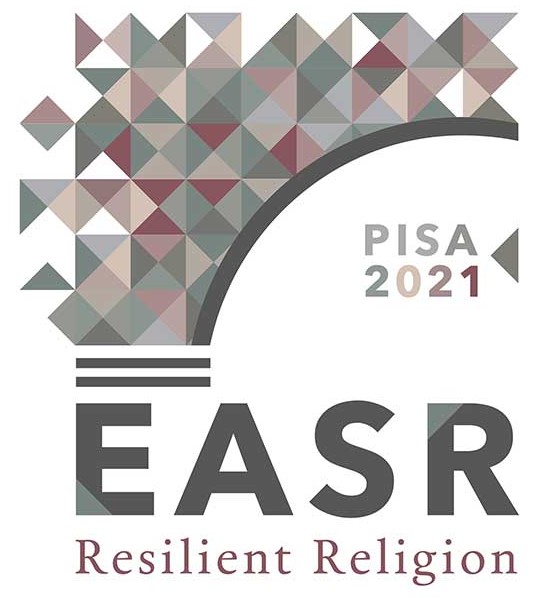Traditional instruments and new challenges:The squaring of the circle?
Religious diversity and integration issues are undoubtedly amongst the most salient ones on today’s political agenda in particular not least due to the challenges posed by migration. How to reconcile the demands of cultural diversity and political unity, that is, how to create a political community that is both cohesive and stable, and satisfies the legitimate aspirations of minorities has been thus a subject of considerable debates (Marko, 2012; Joppke, 2012). Any effective mechanism for the governance of religious diversity is based on the guarantee and protection of the right to identity, the principle of equality and on the will of States to accept international as well as regional obligations, especially in the field of human and minority rights (Thornberry, 1991:392). For long-established religious communities there are at national and international level well-established standards and institutional frameworks that have been traditionally conceived and applied to these communities.
This panel seeks to critically analyze whether it could be beneficial and meaningful to compare and extend to religious migrant communities some components of the institutional and legal frameworks conceived by and/or for long-established religious groups. Focusing on legal and institutional frameworks related to the accommodation of religious diversity in Europe and beyond as well as reflecting on national experiences with legal and institutional frameworks and policies provided for long-established religious communities such as the Sharia councils in Greece, Rabbinical courts in Israel or the Roman Rota in Italy, this panel ultimately aims to assess the potential and shortcomings of these frameworks in providing for a general model of religious diversity governance in integrated societies for majority and minority religious groups – long-established and more recent religious communities.
The panel is open to contributions from different academic disciplines in a single case or comparative perspective.
Roberta Medda: roberta.medda@eurac.edu
